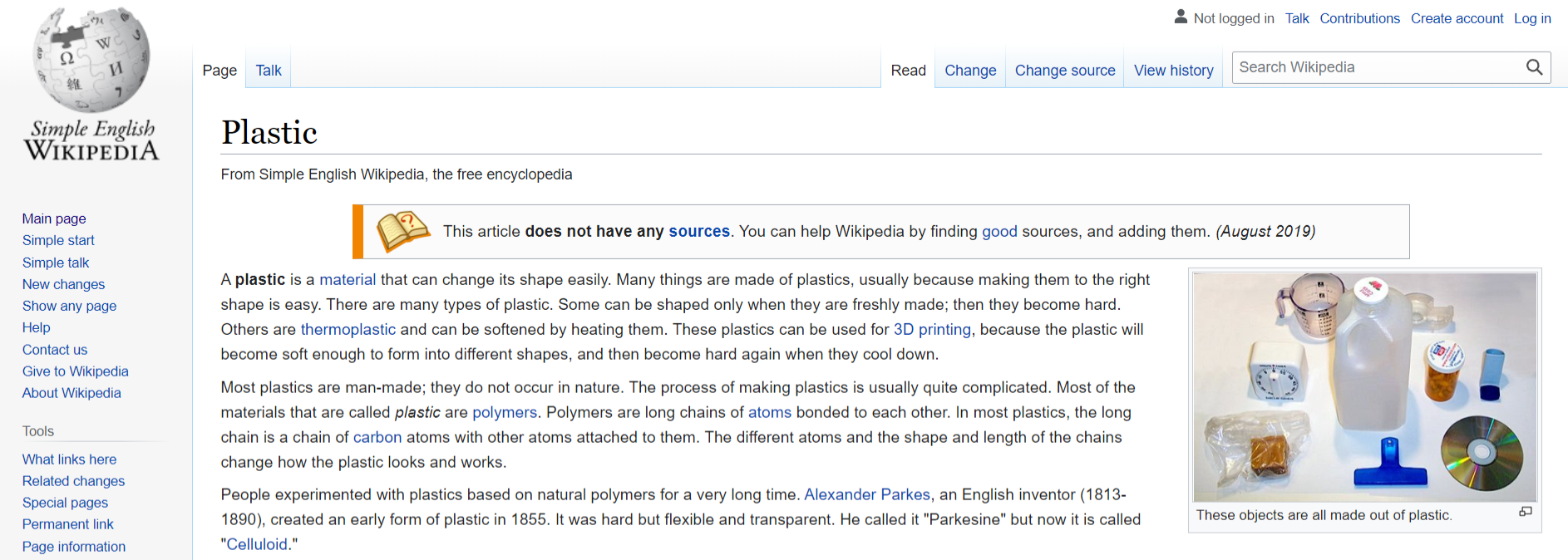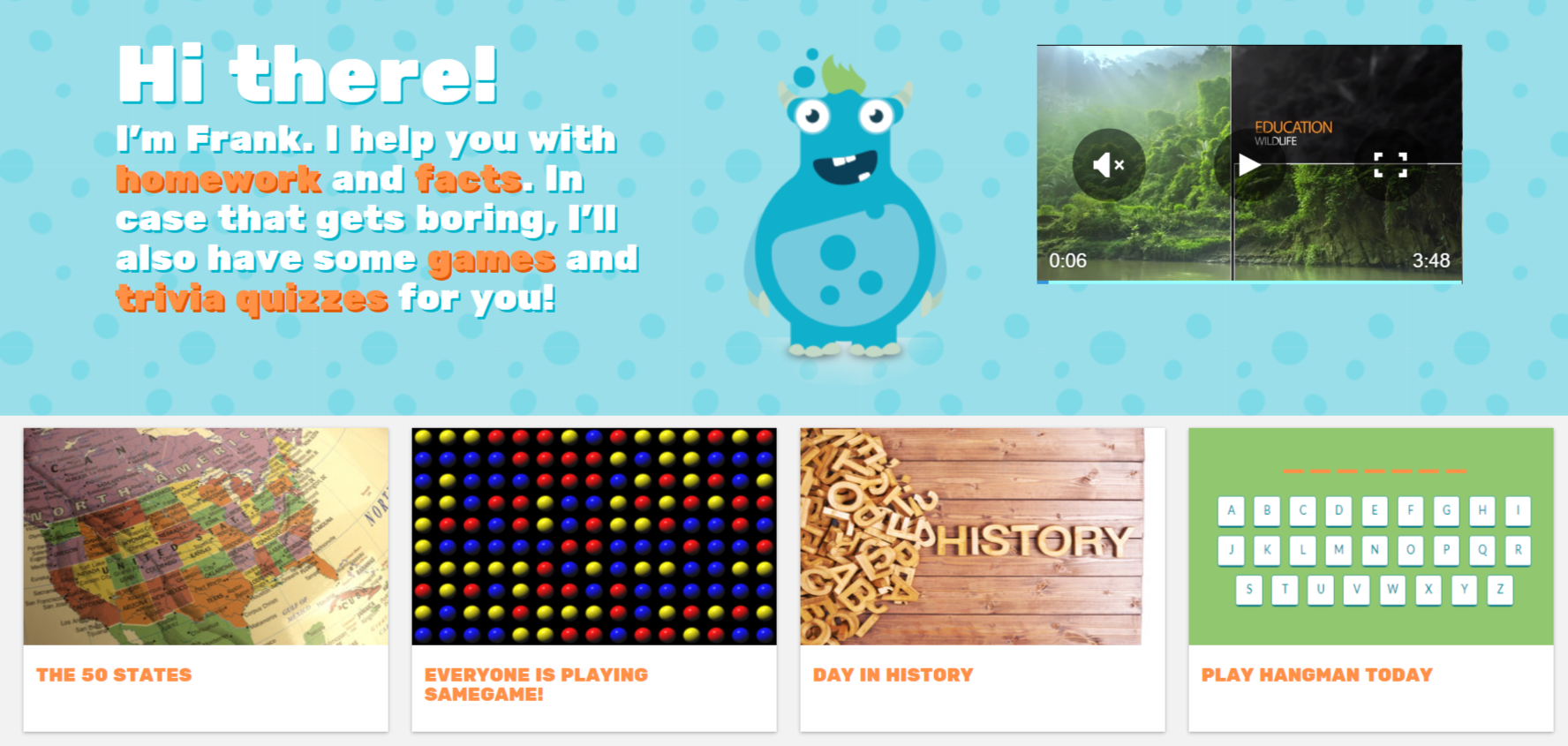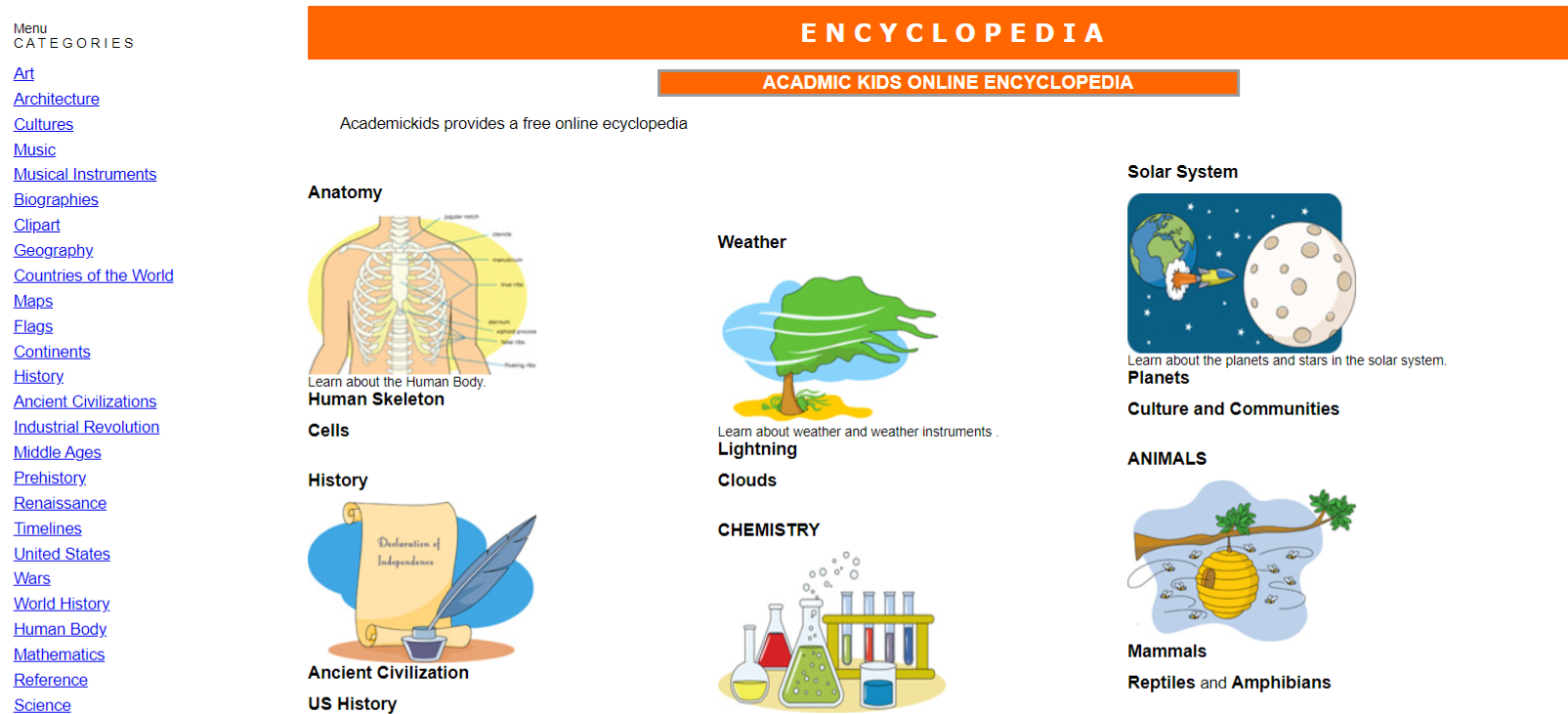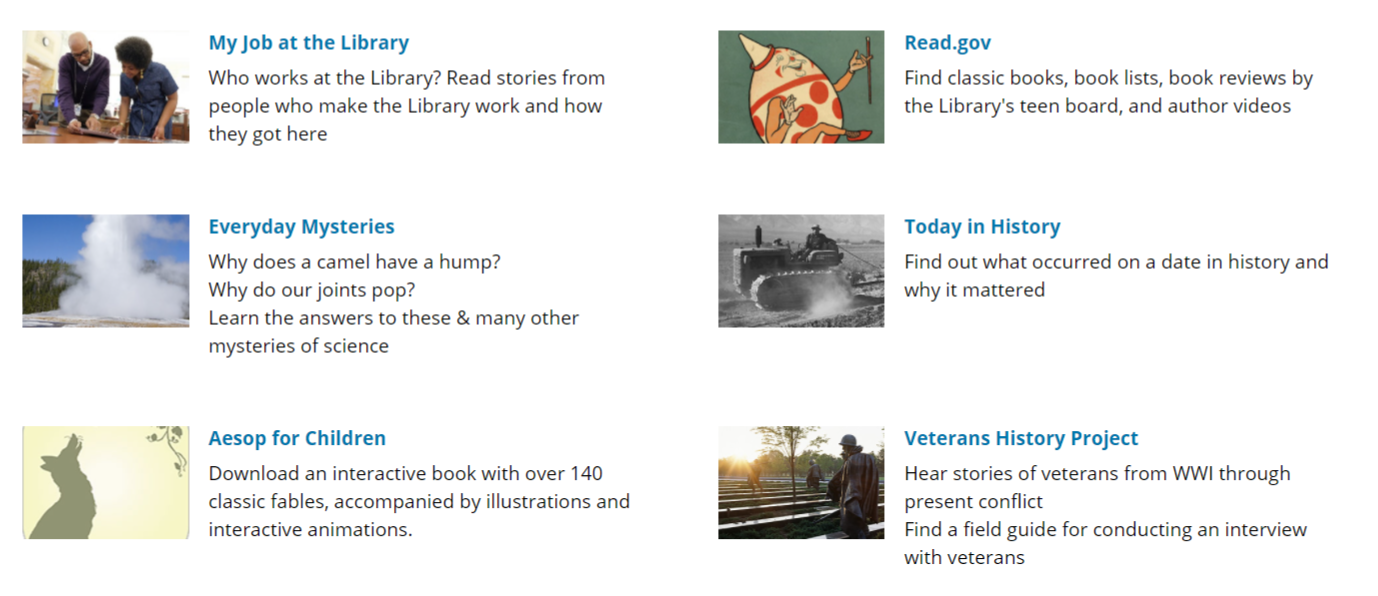The Internet features all sorts of content, from blog posts to peer-reviewed journals. But most articles are not really suitable for most kids. After all, you cannot tell a child to go to Wikipedia to learn about “plastics”. Well, he can definitely do that, but a phrase like “organic amorphous solids” would be beyond his level of comprehension.
Given these aspects, wouldn’t it be great to have access to a free online encyclopedia for kids? Below are five free resources that any child or teen can use to get the information he needs when he needs it.
1. Simple English Wikipedia

Simple English Wikipedia defines "plastics" in much simpler words. As you would expect, the explanation is not as detailed as its full-blown version, but it's easier for a child to grasp.
This free online encyclopedia for students and kids has around 200,000 articles on every topic you could think of, from medicine and architecture to law. There's also a wealth of information on travel, culture, history, music, and other exciting topics,
The content is written in plain English, appealing to audiences of all ages. Just like Wikipedia, this online platform supports over 130 languages, including Turkish, Dutch, Spanish, French, and others.
Related: Become a Brilliant Learner With This Online Learning Platform
The platform is super easy to use. There's a search bar, references, images, and more. Plus, you can download any article in PDF format and then print it or read it offline.
2. Fact Monster

Another cool resource is Fact Monster, a child-friendly platform covering topics like math and science, world history, arts, geography, and more. In addition to a free online encyclopedia for students and kids, it features a dictionary, thesaurus, almanac, spellchecker, and conversion tools.
Fact Monster also offers dozens of games to entertain and educate children. Some examples are Simon Says, Tic Tac Toe, Hangman, and 1010 Classic. Your child can also play trivia games and take quizzes to learn new things while having fun.
This free online encyclopedia for kids is part of the Sandbox Learning family of educational tools for parents and teachers. Its content is certified by the kidSAFE Seal Program, meaning that it's suitable for all ages.
As far as its functionality goes, you can use the search bar or browse by subject. Each category covers a range of sub-topics, and the information is brief and to the point. You can also tap into the Almanac, which focuses on topics like science, biographies, food, sports, and interesting facts about our world.
3. Academic Kids

Is your child interested in music, history, plants, or sports? Does he want to know more about the human body? Then he might want to check out Academic Kids, a free online encyclopedia for elementary students and small children.
This online platform covers dozens of topics, from maps and flags to history and ancient civilizations. For example, if you click Countries of the World, you'll see a Wikipedia-style article offering a brief overview of different countries. From here, you can click on terms like “nation states”, “England”, “government”, or “international law” to learn more about that topic.
Related: Help Your Child Learn STEM Concepts And Build Logic Skills With Thinkrolls Play & Code
Each section has several sub-categories that will keep your kids glued to the screen for hours. The best part is, they'll actually learn useful things that may help them in school and broaden their knowledge.
4. DKfindout!

DKfindout!, a free online encyclopedia for elementary students, features fun facts, quizzes, videos, and educational articles. You simply choose a topic and then click on images to access related subjects.
There is also a cool section called Explore — you can find it on the left side of the home page. It's packed with interesting facts, tips, and educational content that will leave your child craving for more. For instance, he can read more about famous pirates, the story of chocolate, mythical creatures, and notable explorers. This section includes some tips for parents and teachers, too.
Most pages have colorful pictures with detailed explanations, close-ups, and clickable links. What's more, children can take quizzes to test their knowledge. There's a ton of content on science, anatomy, history, dinosaurs, art, and other cool topics.
5. The Library of Congress

The Library of Congress as a reference site for children may sound a bit odd. But the world's largest library has to be a great melting pot of knowledge. Plus, it has a separate online section for kids and families.
If, say, you want to know about American history, this is a great starting point. Click on America's Library, and you'll get to read America's Story and learn about the people and events that forged the nation. This section is filled with interesting facts, games, songs, and fun stories.
The family section also features all sorts of activities and games for young learners. You'll find out how to make mini-books, how to recreate centuries-old recipes, how to design your own lighthouse, and more. The puzzles and bedtime stories are a lot of fun, too!
Learn New Things and Have Fun While Doing It
A free online encyclopedia for kids cannot replace real-life experiences, but it can broaden your horizons. It doesn't make sense to ask your child to read peer-reviewed journals or lengthy articles when there are so many cool resources available.
In this digital era, children spend hours on their computers and smartphones. Chances are, your toddler will be more excited about learning from an online platform like Fact Monster or DKFindOut! than reading a book.
